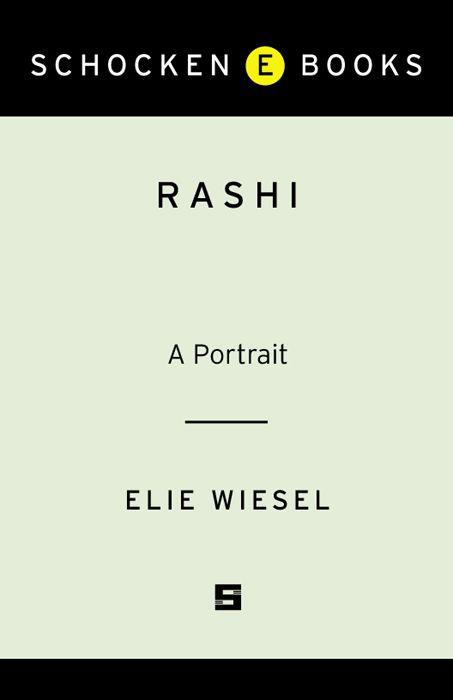
Rashi
Jewish Encounters
کتاب های مرتبط
- اطلاعات
- نقد و بررسی
- دیدگاه کاربران
نقد و بررسی

August 1, 2009
The dean of Holocaust awareness here discusses his favorite Talmudic authority, the eleventh-century French scholar known by the abbreviation Rashi (for Rabbi Shlomo Yitzhaki). Revered for the clarity of his exegesis of the Torah, which Wiesels citations reveal as strikingly interactive, Rashi asked not just what a text meant, but how it acquired that meaning and its particular place within its written context. To literal-minded, minimalist moderns, he can seem to extrapolate unconscionably; without question, he psychologizes and dramatizes. A prime example comes in his reading of the exchange between God and Abraham about the sacrifice of Isaac, which he interprets as God gradually revealing his shocking demand so that Abraham wont be driven insane by it. Rashi always affirms the goodness of God and Gods faithfulness to Israel, his chosen people forever. Given such emphases, no wonder Wiesel and Jews ever since Rashis time have considered him Judaisms greatest teacher. Though it often reads like unpolished jottings rather than a careful composition, Wiesels contribution to the Jewish Encounters series is an informative gem.(Reprinted with permission of Booklist, copyright 2009, American Library Association.)

























دیدگاه کاربران